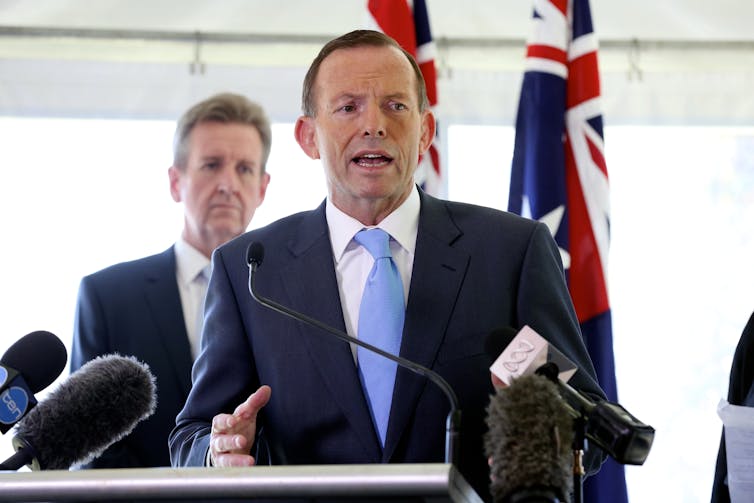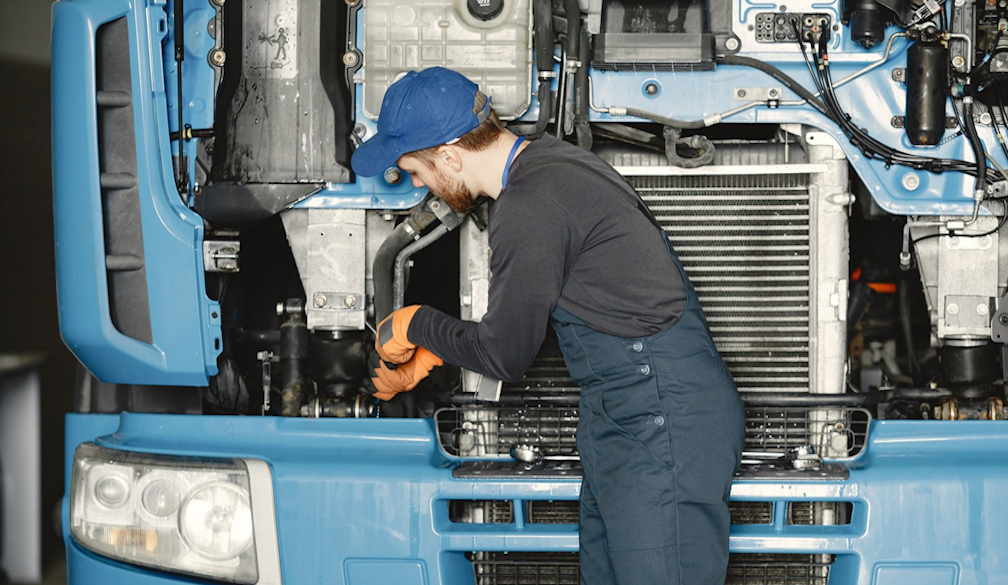Explainer: how hard is it to adopt in Australia?
- Written by Patricia Fronek, Senior Lecturer, School of Human Services and Social Work, Griffith University
When politicians and lobbyists call for adoption reform in Australia, they often argue adoption should be easier and quicker. Adopting a child in Australia can be difficult, but whether barriers to adoption are always a bad thing is up for debate.
The numbers
Local and intercountry adoptions are the two main types of adoption in Australia.
The federal government is the central authority for intercountry adoptions, ensuring Australia complies with the Hague Convention on intercountry adoption and the 1989 Convention on the Rights of the Child. States have responsibility for all adoption services.
The wait for intercountry adoptions depends on the country, and takes between three and five years. Of the 315 adoptions finalised in Australia in 2016-17, 69 were adoptions from Asian countries such as Taiwan, the Philippines and South Korea. The majority of children were under five years of age.
There are no waiting time statistics available for local adoptions, but we do know that 42 local adoptions were finalised in 2016-17. Most local adoptions were of babies, maintaining the trend for young children.
Same-sex couples can now adopt locally in every state and territory in Australia, with the Northern Territory parliament legalising same-sex adoptions last month. Single people can adopt in most states. For intercountry adoptions, the country of birth determines who can adopt.
In all adoptions, there is no guarantee that an adoption will take place. Sending countries can close or change their quotas or establish family preservation and domestic adoption programs.
In local adoption, the prospective parents or parent who can best meet the needs of a particular child should be matched. The child’s family should also be comfortable with the decision.
Are other countries doing better?
Policy directions in Australia have not changed since under the Abbott government, which promised to simplify adoptions, was ousted.
Lobbyists like actress Deborra-Lee Furness are still exercising influence to make adoption easier, albeit less in the public eye, and the attention has shifted from intercountry adoption to local adoptions.
Lobbyists lean towards the UK local adoption system and US approach to intercountry adoptions, where adoption services are delivered in the private market. But the English system is badly in need of reform, after years of policymakers promoting adoption as “risk-free in a happy ever after narrative”.
The US is also reforming its very broken system. It has been criticised for incidents of trafficking, child deaths, and rehoming, in which adopted children have been offered to strangers over the internet.
Countries that report higher numbers of adoptions deal with countries that Australia does not – including countries that have not signed the Hague Convention. Among these, the US and Spain estimate high numbers of adoption breakdowns (“disruptions” are short term and “dissolutions” are complete breakdowns).
Most children made available for local and intercountry adoption have families. Adptions that are non-Hague and facilitated in countries that have limited capacity to properly assess a child’s circumstances, and where corruption is rife, are open invitations to illegal and unethical adoptions.
Anecdotally, most adoptions in Australia are successful, but we do not know the true rate of breakdowns. Families are only followed up for one year after an adoption. But we do know there is insufficient support for families, foster families, adoptive families and adoptees.
 Tony Abbott addresses a morning tea for National Adoption Awareness Week in 2013.
Jane Dempster/AAP
Tony Abbott addresses a morning tea for National Adoption Awareness Week in 2013.
Jane Dempster/AAP
Adoption is hard for a reason
I have written before about the dangers of adoption-driven systems, in which success is counted in numbers. Adoptions do become easier and faster, but safeguards are reduced. The consequences for children, first families and adoptive families can be lifelong.
Adoptions are hard for good reasons. A sound, ethical process is necessary to ensure a child is legally and ethically available for adoption, consents are free from coercion, and parents are given adequate time to change their minds.
While Australia is bound by international conventions that protect human rights and those of children, there is no right to parent: children are the rights holders in adoption processes. Prospective parents must undergo preparation and assessment on their capacity to meet all the needs of an adopted child to uphold children’s basic rights.
 People wanting to adopt must undergo preparation and assessment on their capacity to meet the needs of an adopted child.
Shutterstock
People wanting to adopt must undergo preparation and assessment on their capacity to meet the needs of an adopted child.
Shutterstock
Support for family preservation and culturally appropriate placements should always be explored. In recent years, the importance of culture and identity, especially for Indigenous Australians, has been undermined in political rhetoric.
Adoption generally has become synonymous with child protection. Child protection measures are actually interventions such as prevention, monitoring or child removal, which occur well before an adoption takes place.
Consistent with global trends, intercountry adoptions in Australia are declining. This is due to compliance with international conventions to reduce illegal and unethical adoptions and the development of local adoption programs.
Read more: International adoptions have dropped 72 percent since 2005 – here’s why
Outcomes for children
Support that enables children to stay with their families and within their culture is a positive outcome.
The number of adoptions in Australia is small because not all children separated from their families need adoption, so moral panic and distorted claims about the welfare of children should be resisted.
Adoption is a service for children. It is not a service for people to make families – a subtle and important difference. A “hard” adoption process should be embraced, even if it takes a little longer. Making sure adoptions are both legal and ethical is better for everyone, especially the children.
Authors: Patricia Fronek, Senior Lecturer, School of Human Services and Social Work, Griffith University
Read more http://theconversation.com/explainer-how-hard-is-it-to-adopt-in-australia-92826



















